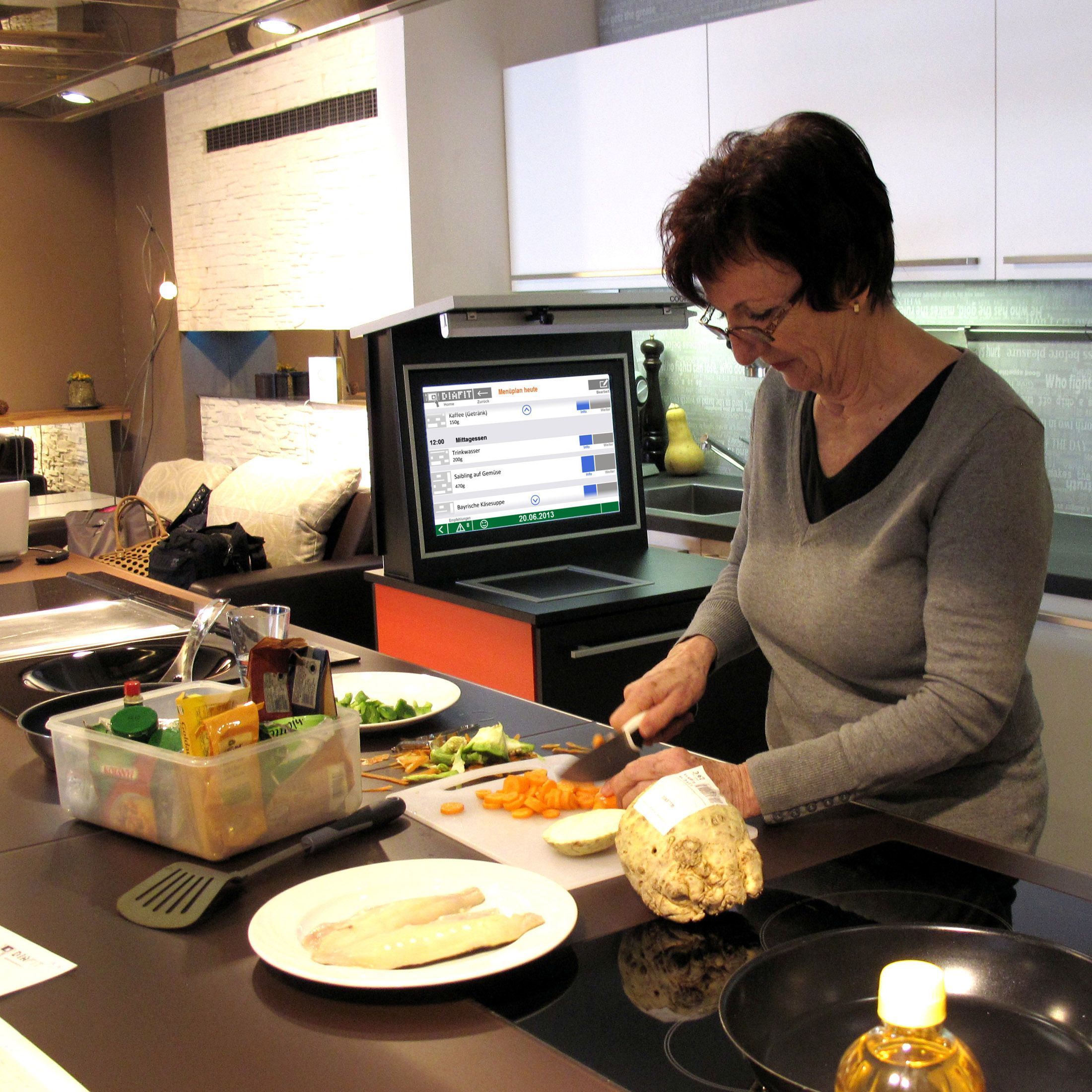The demand for care facilities is constantly growing and it is increasingly difficult to find support services for those in need of care and their relatives. Services need to be affordable whilst simultaneously allowing the elderly to age with dignity. RFID-based medication support, the monitoring of vital parameters, intelligent dietary systems to provide nutritional support, fall detection and sleep monitoring are just some of the direct applications that can help people remain independent and living in their own homes for as long as possible. As one would expect, appropriate communication between human and machine plays an important role here, which requires application of a wide range of usability methods.
A purely engineering approach is insufficient in the context of complex care situations which involve relatives and carers as well as medical professionals. Likewise, questions of adherence and participation must also be addressed, which makes the research field interdisciplinary, covering applied computer sciences as well as the care sciences and social work.








